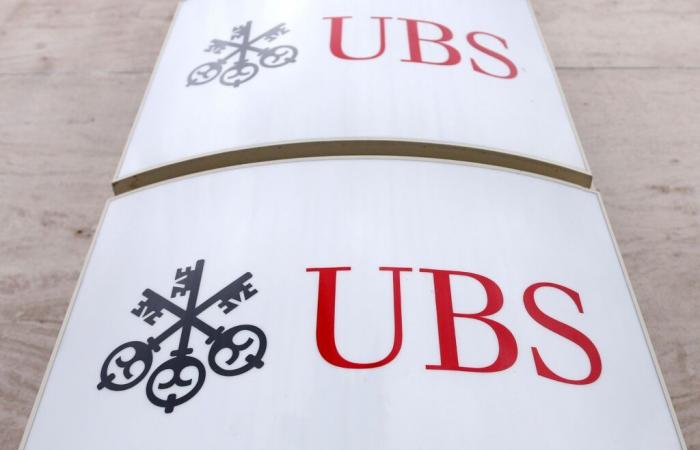
The Director of the World Banking Supervisory Authority said that the Swiss banking funds did not unfairly penalize Swiss creditors in relation to their foreign competitors, thus rejecting the arguments put forward by UBS to oppose the government’s project to strengthen them.
According to Swiss proposals aimed at obliging banks to hold more capital in order to make them safer after the collapse of the Swiss credit in 2023, UBS estimated that it may need $ 40 billion in additional capital compared to its situation before the emergency repurchase of its former rival.
Neil Esho, secretary general of the Basel Committee on Banking Control, told Reuters that it was wrong to focus solely on equity requirements, while Swiss regulations offer more flexibility than other jurisdictions with regard to financial instruments that can be considered as equity.
Swiss regulations also authorize the capital held in subsidiaries to contribute to the requirements of the Mother Bank, which allows a double counting of capital, which the rules of Basel advise against, added Mr. Esho.
“A higher figure is not necessarily synonymous with greater resilience if the quality of equity is taken into account,” said Esho during an interview. “I do not agree with the argument that Swiss banks are necessarily disadvantaged compared to other banks. »»
During the AGO of UBS last month, President Colm Kelleher said that the bank was already penalized by the existing “Swiss Finish” regulations, namely the specific implementation by Switzerland of international standards.
“Add another Swiss Finish while other financial centers soften their regulations would harm UBS, the Swiss financial center and the economy in general,” he said.
In a speech delivered in January, Esho declared himself favorable to the quality of capital rather than quantity, while briefly mentioning Switzerland, but his comments to Reuters are the most explicit to date and will feed the debate before the Swiss government officially proposes new rules in terms of equity in June.
Mr. Esho also stressed that he did not belong to him to advise governments on the measures to be taken.
The Basel Committee, which sets the global minimum requirements for banking surveillance, revised its standards after the 2007-2009 financial crisis.
-The European Union, the United Kingdom and the United States have recently postponed the implementation of Basel III, the latest version, which strengthens the fears of UBS leaders that Switzerland imposes non-competitive requirements.
But Mr. Esho said he expected the main financial centers to end up Basel III.
No more capital
Last year, UBS had to hold 14.82 %weighted assets depending on the risk as category 1 equity, more than the Deutsche Bank (13.20 %), but less than its American competitor Morgan Stanley (15 %).
According to analysts, the new UBS entity will have to have more capital even before the existing rules are modified. Independent analyst Stefan Stalmann estimates that this ratio will reach 16.27 % by 2030.
As part of “extreme” regulations, the UBS Tier 1 ratio could increase to 22.4 % by then, the bank recently told parliamentarians.
However, Mr. Esho stressed that the Swiss regulations authorized, for example, a higher share of additional category 1 obligations than category 1 basic capital compared to other jurisdictions.
The supervisor also seems to support the Swiss government projects aimed at obliging UBS to have more capital in Switzerland.
The framework of the Basel Committee has been designed to ensure that banks have enough equity to the scale of the consolidated group, said Esho. “It does not guarantee that you have the necessary equity in a given legal entity,” he added.
“The question is all the more important in Switzerland given the nature of UBS and the size of its American subsidiary compared to the Mother Bank. (Report by Ariane Luthi and Oliver Hirt; edited by Tommy Reggiori Wilkes and Kirsten Donovan)





